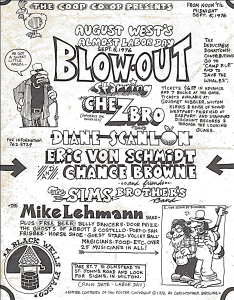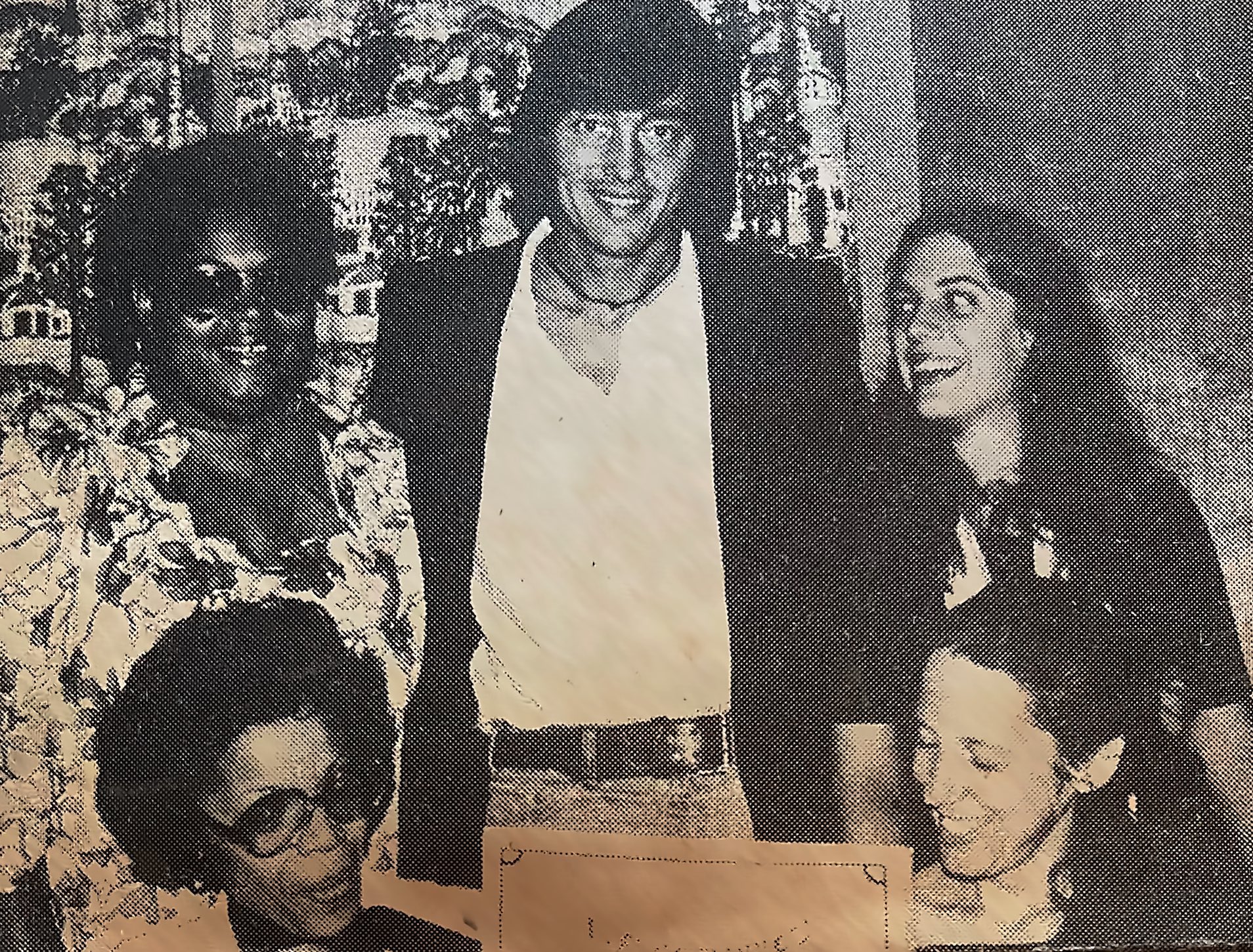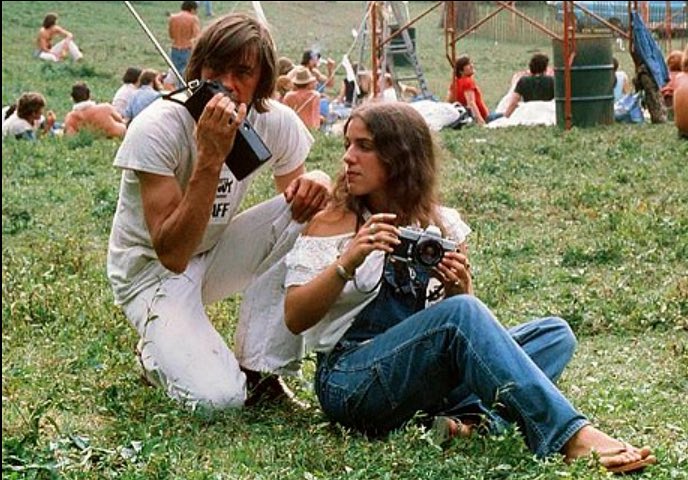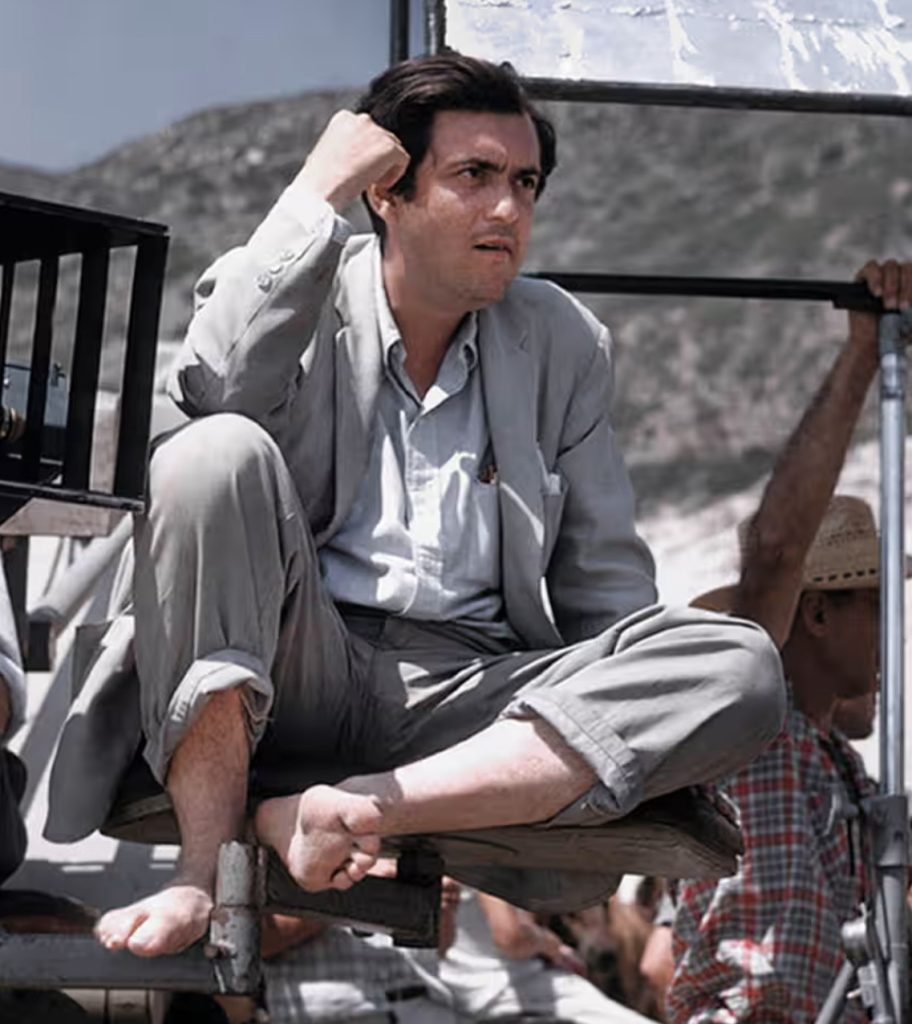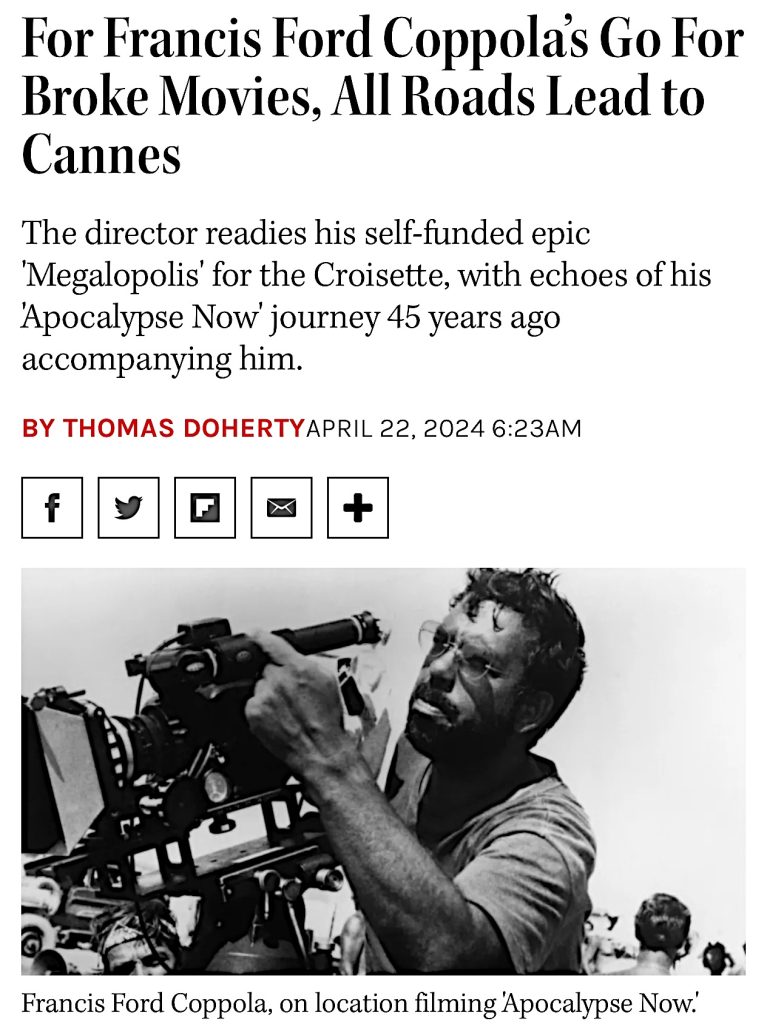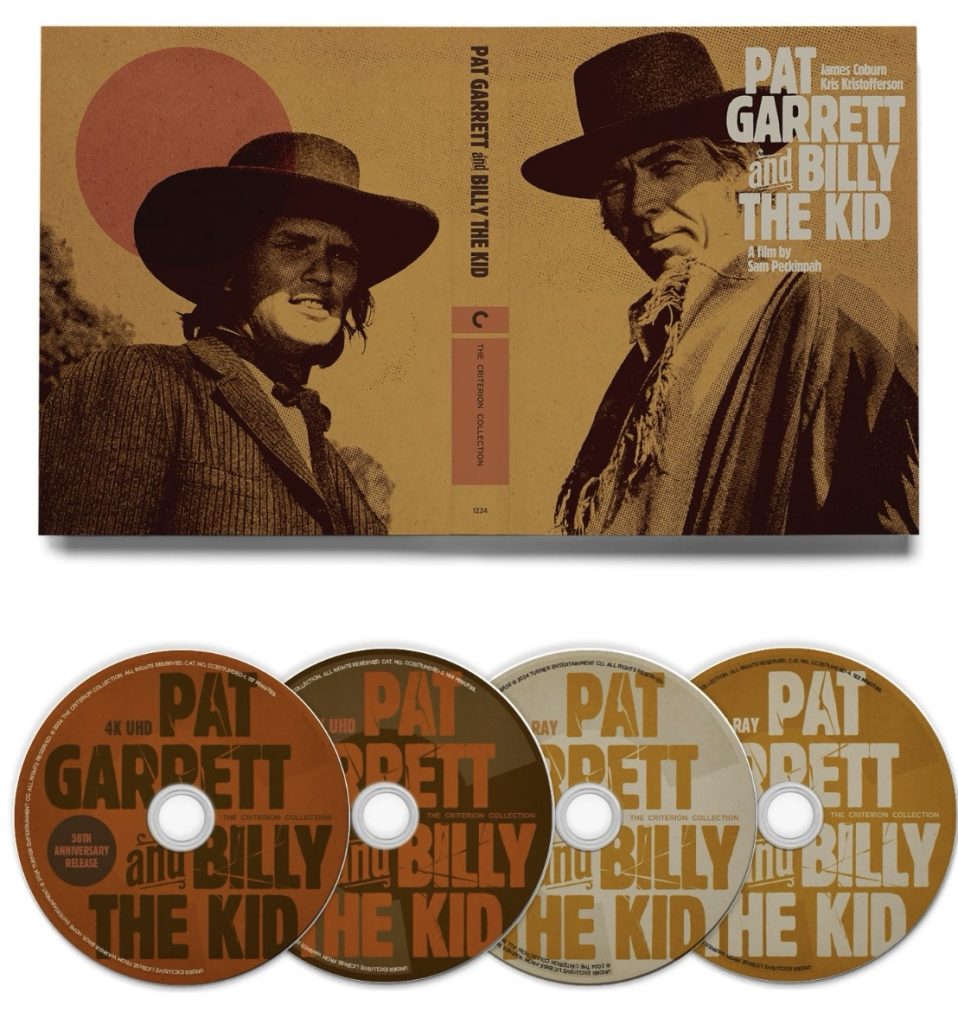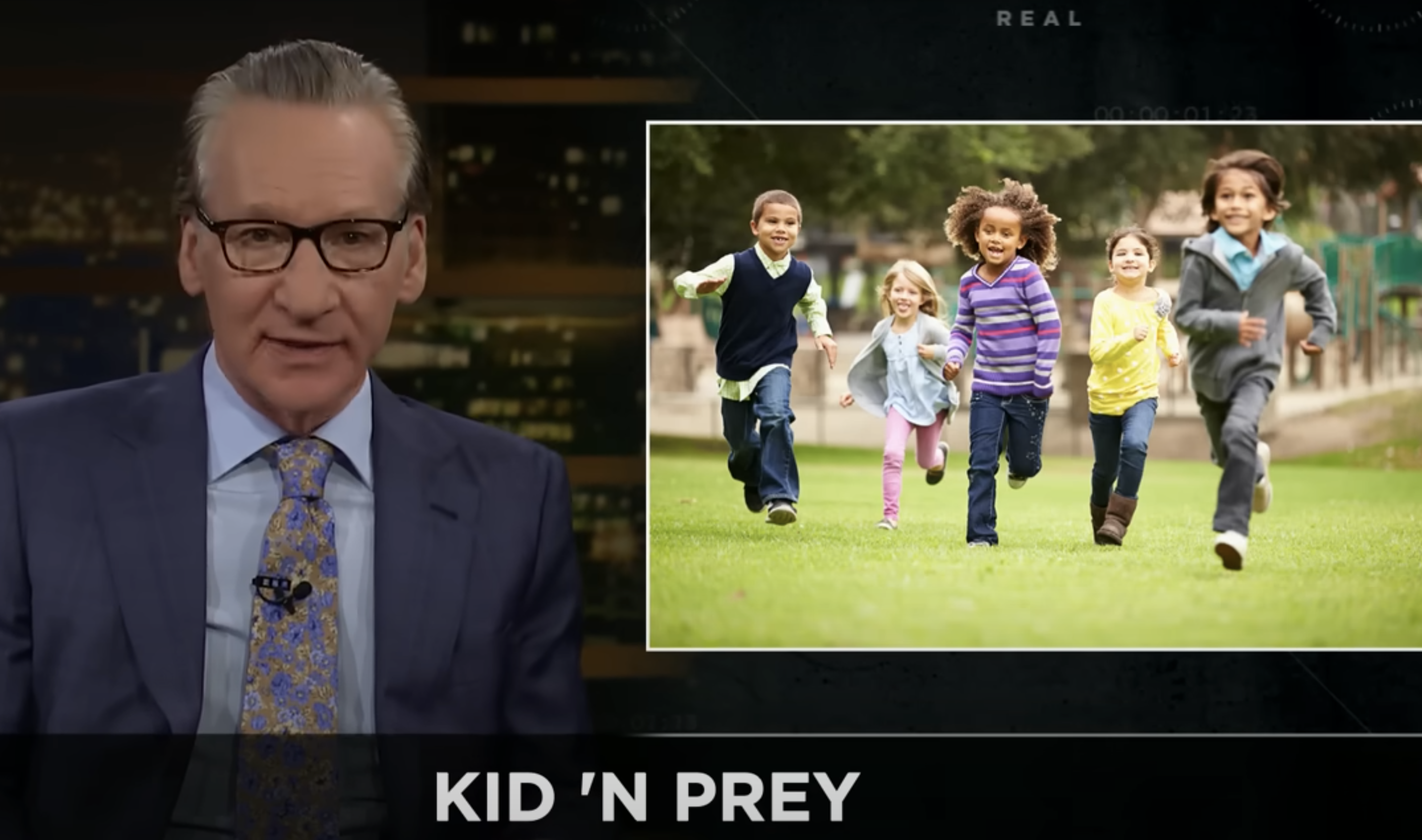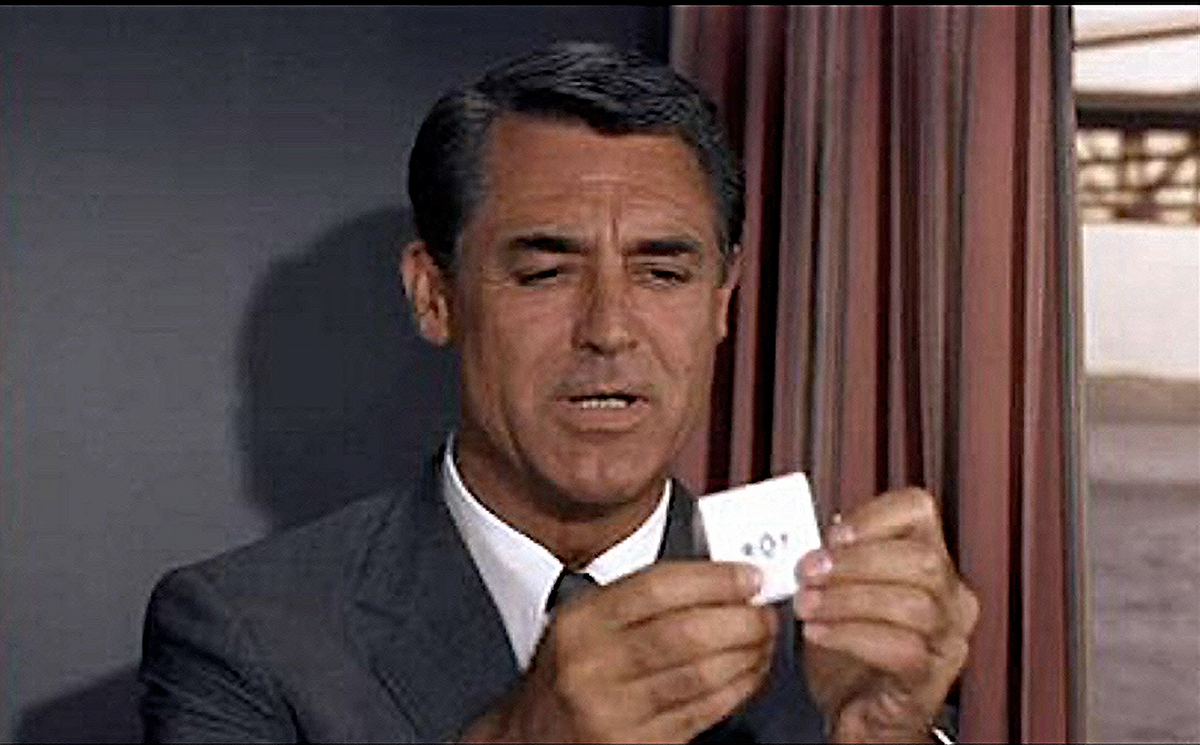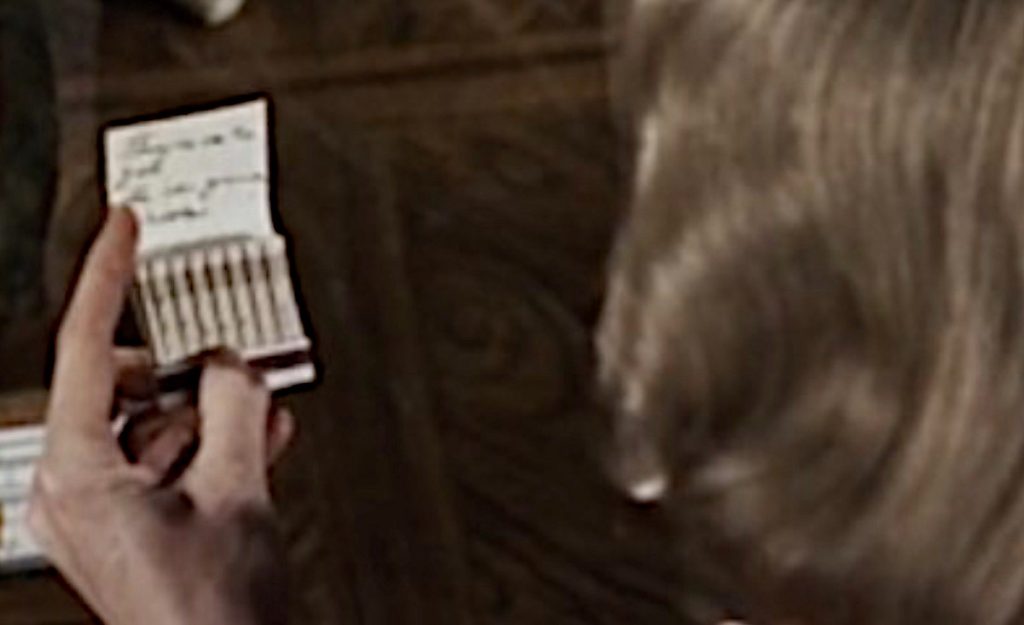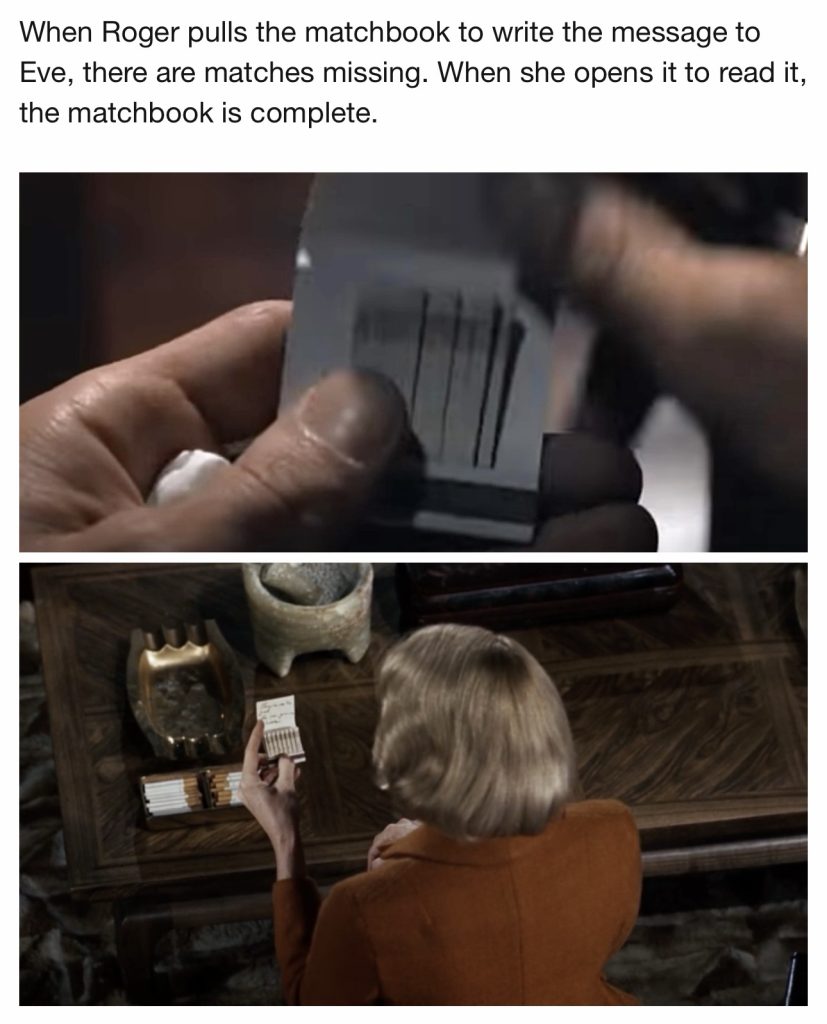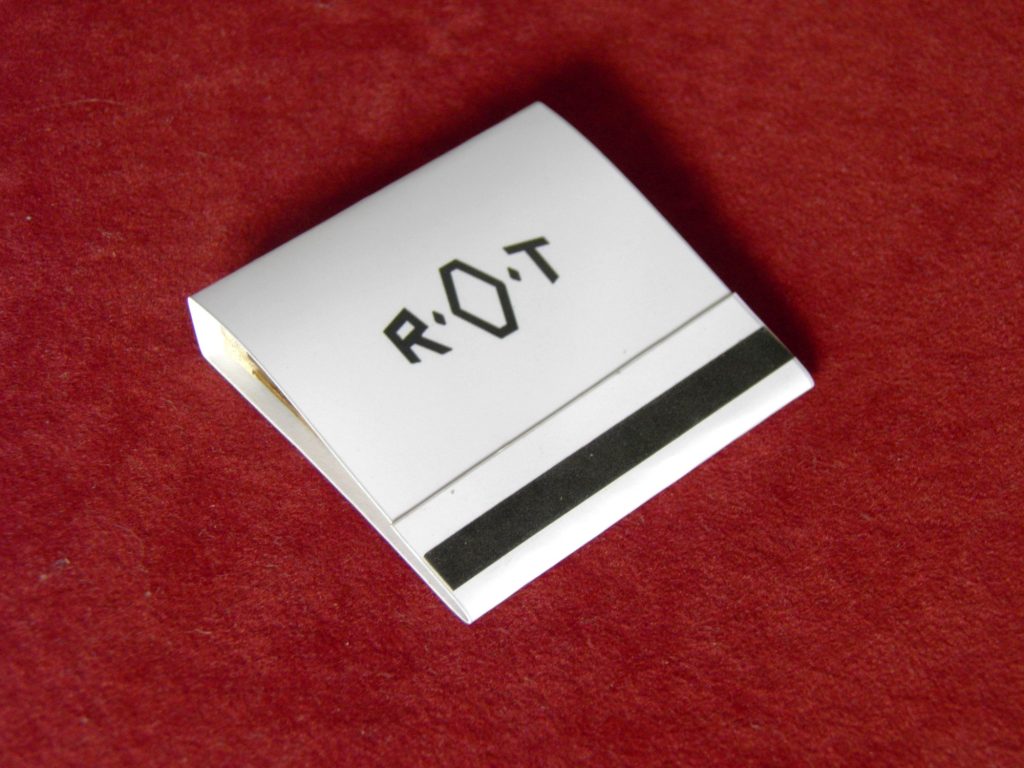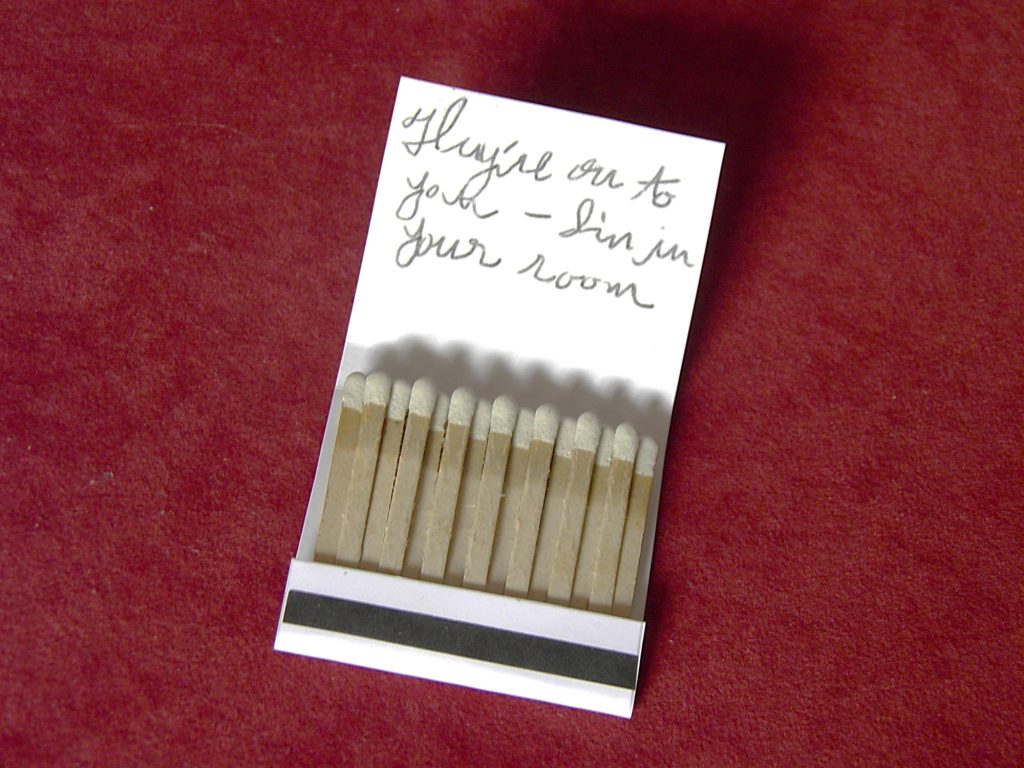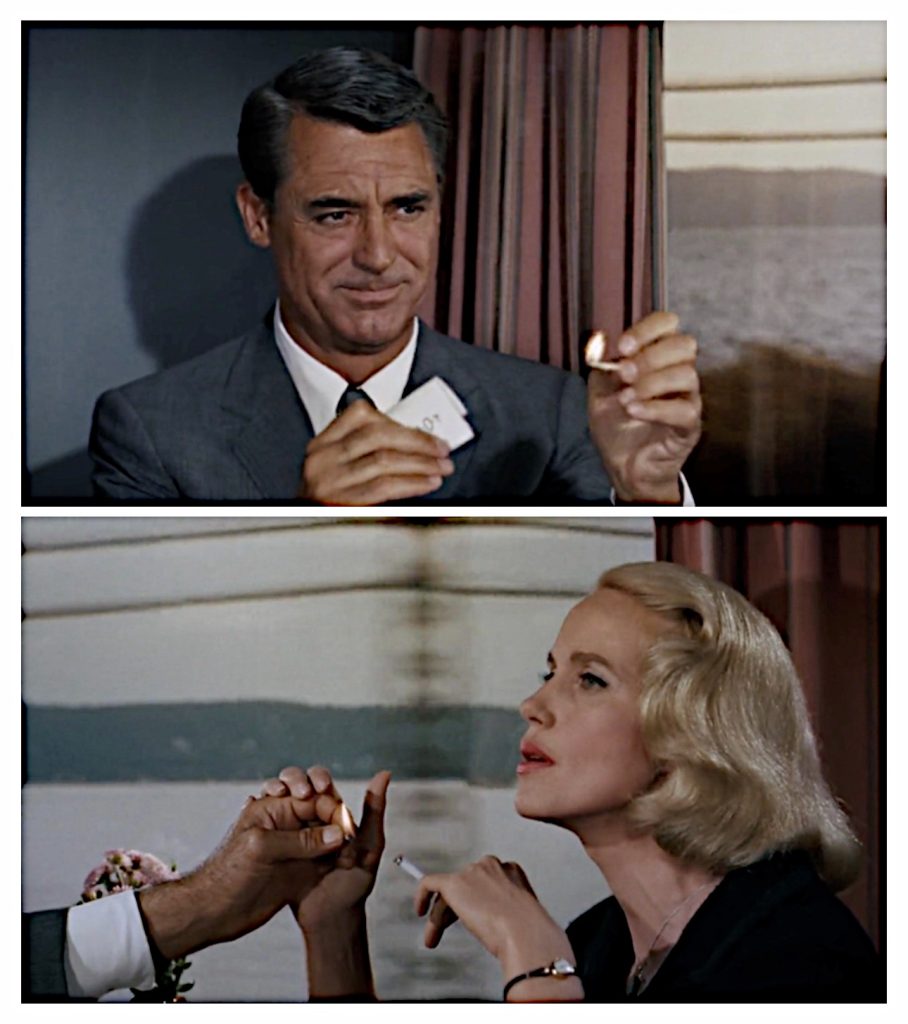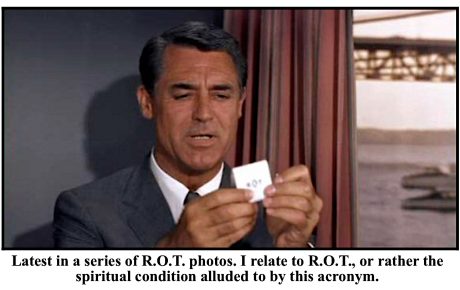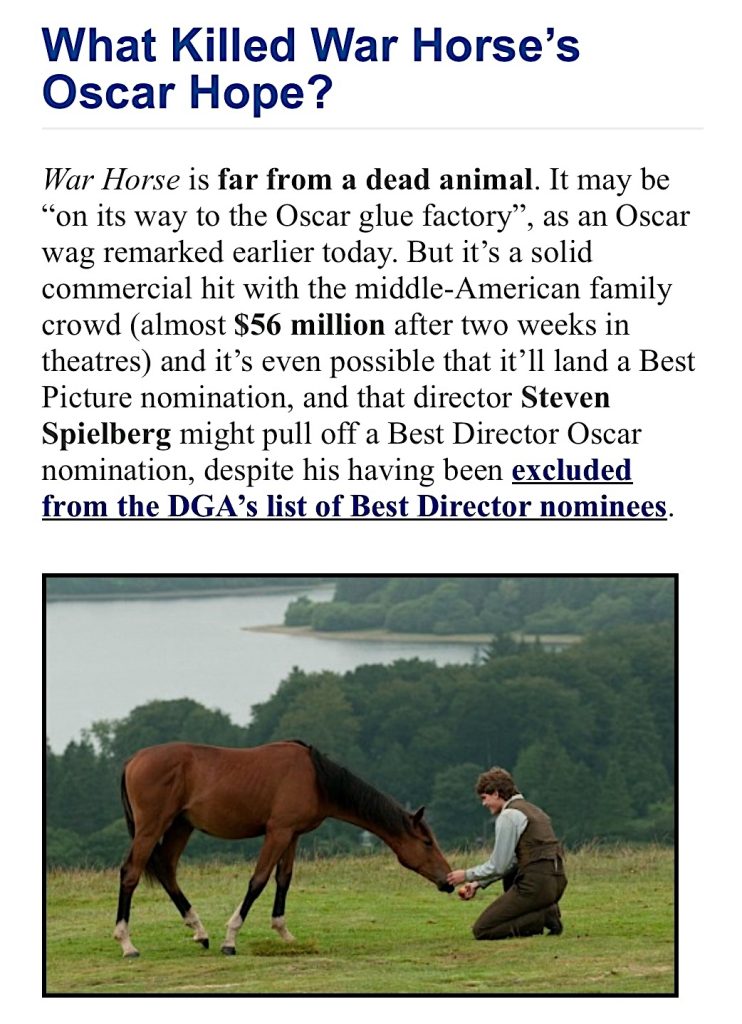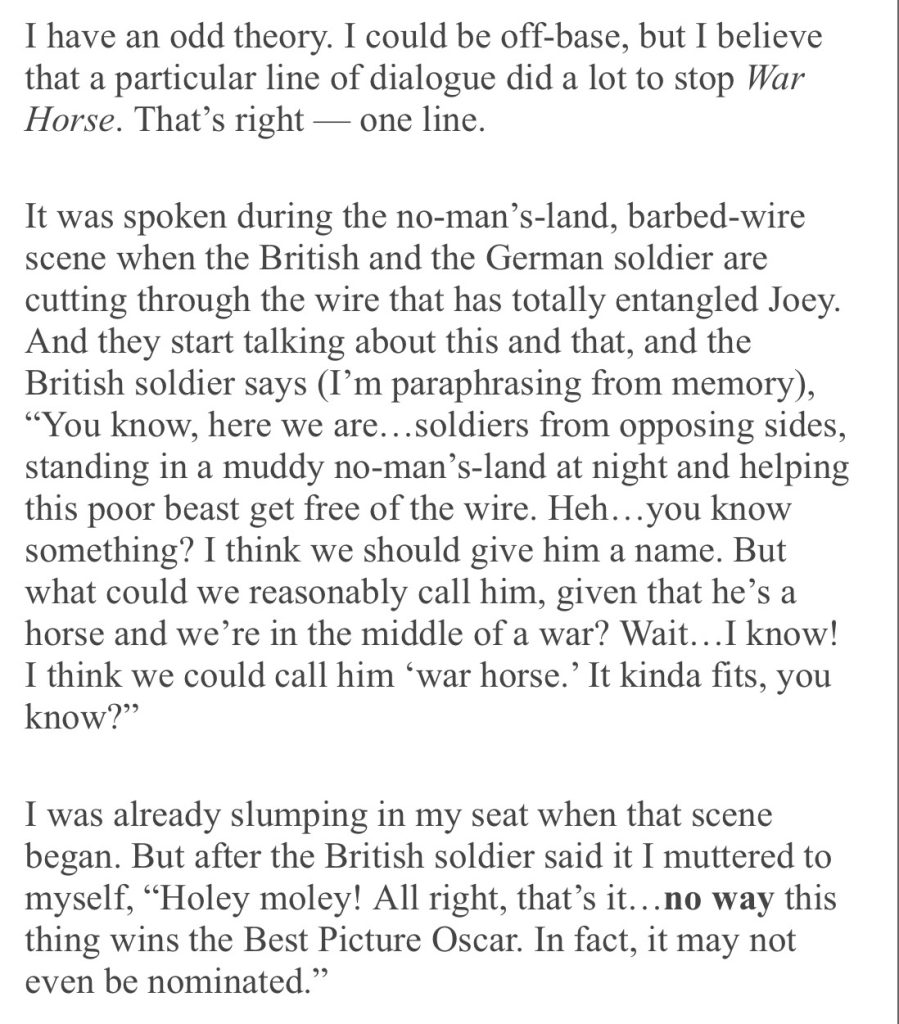Posted, ignored and quickly fire-walled on 8.7.21: It was a warm midsummer evening in the small town of Walton, New York, possibly ’81 but more likely ’82. I was staying that weekend with my dad, Jim Wells, at his country cabin on River Road, right alongside the West Branch of the Delaware River.
Jim was an avid fly fisherman, and when dusk fell all he had to do was put on the rubber waders and stroll into the waist-deep water, which was less than 100 feet away. I’m not exactly the Henry David Thoreau type, but I have to admit that the cabin and the surrounding woods and the other atmospheric trimmings (crickets, feeding fish, fireflies) was quite the combination as the sun was going down.
Alas, I was frisky back then and accustomed to prowling. As a Manhattanite and Upper West Sider (75th and Amsterdam) my evening routine would sometimes include a 7 pm screening and then hitting a bar or strolling around or whatever. The “whatever” would sometimes involve a date with a lady of the moment or maybe even getting lucky with a stranger. It all depended on which direction the night happened to tilt.
So there we were, my dad and I, finishing dinner (maybe some freshly-caught trout along with some steamed green beans and scalloped potatoes) and washing the dishes and whatnot, and I was thinking about hitting a local tavern. I wasn’t a “sitting on the front porch and watching the fireflies” type. I wanted to get out, sniff the air, sip bourbon, listen to music.
So I announced the idea of hitting T.A.’s Place or the Riverside Tavern and maybe ordering a Jack Daniels and ginger ale on the rocks. If I’d been a little more gracious I would’ve asked Jim to join, but we weren’t especially chummy back then. Our relationship was amiable enough, if a little on the cool and curt side. Plus the idea of Jim and I laying on the charm with some local lassie seemed horrific.
I wasn’t seriously entertaining some loony fantasy that I might meet someone and luck out, not in a little one-horse town like Walton, but then again who knew? It was the early ’80s, the ’70s were still with us in spirit, I was looking and feeling pretty good back then, the AIDS era hadn’t happened yet, etc. You had to be there, I guess, but singles had just experienced (and were still experiencing to a certain degree) perhaps the greatest nookie era in world history since the days of ancient Rome.
Plus you could still buy quaaludes at the Edlich Pharmacy on First Avenue. It sounds immature to say this, but life occasionally felt like a Radley Metzger film.
Jim apparently had thoughts along the same lines, as he quickly suggested that we do T.A.’s as a team. I immediately said “uhm, that’s okay,” as in “I’m thinking about going stag and you’ll only cramp my style.” I shouldn’t have said that, and if my father is listening I want him to know that I’m sorry. It was brusque and heartless to brush him off like that.
To his credit, Jim was gracious enough to laugh it off. I heard him tell this story to friends a couple of times.
Jim had bought the River Road cabin from Pam Dawber, who was pushing 30 and costarring in Mork & Mindy at the time. It was located outside of town about three or four miles. My father would send her a check every month, and was very punctual about it. Walton was roughly a 100-minute drive from Manhattan.
